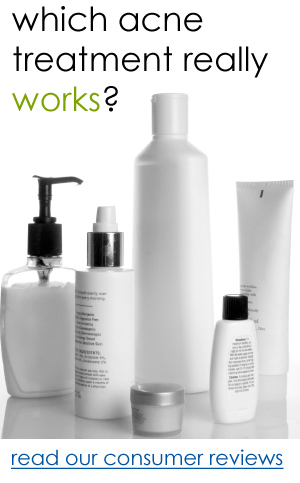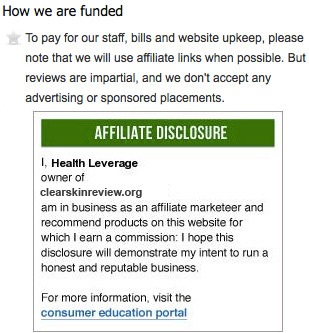Low Dose Isotretinoin Can Relieve Adult Acne
Published:October 23rd, 2012
©CathyK
Double-blind, randomized clinical trials show evidence of the fact that the 5 mg daily dose of oral isotretinoin are fast acting, highly effective, and well acceptable and tolerated for low-grade, persistent, adult acne.
During the annual congress of the European Academy of Dermatology and Venereology, Dr. Marius Rademaker stated that the outcome of this study highly supports the use of low dose isotretinoin in managing adult acne. This will serve as an evidence-based research that can support the physicians in their clinical practice.
Dr. Rademaker, who is a reputable dermatologist working at Waikato Hospital in New Zealand, also stated that nowadays, adult acne patients have a high level of dissatisfaction with traditional acne treatments due to their slow response, reduced clearance, and extremely high rate of relapse when the treatment is stopped. The women in the age of 35 have quite different standards from the youth in the age of 15. They are not aiming for 70% of improvement, but instead, they want a 100% clearance. And it is a demand that the dermatologists must provide to their patients.
Dr. Rademaker reported that there are few studies conducted in order to find the best treatment for adult acne; he also added that out of these studies, there was none that involves systemic antibiotics as adult acne treatment. On the other hand, he found some clinical trials which used topical retinoid, but they have only included a few adult participants. Also, he noticed that there were no studies about the assessment of low dose isotretinoin’s effectiveness as adult acne treatment so therefore he conducted one for himself.
For him to determine if the lower dose can be as effective as standard dose, he conducted an experiment using 5 mg/day of Isotretinoin. If you compare the amount of Isotretinoin given in this randomized trial, you can see the difference, since the standard dose is 0.5-1.0 mg/kg per day. He noticed that the duration of the suppression of sebaceous glands may help avoid the relapse if Isotretinoin is discontinued. The longer the duration, the better it is.
The study was composed of 58 adults aging from 25 to 55 years old who all have indolent, low-grade acne that had persisted since they were adolescents. Almost 90% of the study’s population is women. For 16 weeks, participants were randomly treated with 5 mg/day of Isotretinoin or placebo, which was followed by another 16 weeks of open-label Isotretinoin for both study groups. At the end, the change in number of acne lesions on the face among the baseline and week 16 participants would determine the effectiveness of the treatment.
Within the first 4-week treatment in Isotretinoin group, the lesion count reduced into half (the mean baseline being 10.6 lesions). After the first 16 weeks, the acne lesions of the group reduced further and became 3.2. Then after the additional 16 weeks, it dropped to 1.3.
After the study, Dr. Rademaker reported that all adult patients with low-grade acne no longer suffer from any acne. Although this can be a positive remark, its side effects such as dry lips and fatigue are still inevitable. But it is still acceptable because it impose minimal side effects compared to the standard treatment.
Dr. Rademaker is still planning of conducting a follow-up study in order to support his own research.



Write a Comment of Low Dose Isotretinoin Can Relieve Adult Acne